Introduction
The technology of Lithium Iron Phosphate (LiFePO4) batteries has gained traction for its exceptional safety and stability characteristics, particularly in high-demand applications such as renewable energy systems and electric vehicles. However, the practice of overnight charging these batteries has stirred debates and concerns about safety and longevity. This blog aims to unpack LiFePO4 battery technology, address the risks and benefits of overnight charging, and offer practical guidance for users.
Understanding LiFePO4 Battery Technology
Basics of LiFePO4 Batteries
Composition and Design
LiFePO4 batteries, with their unique lithium iron phosphate composition, provide a stable chemical structure that supports longer cycles and consistent power output. Unlike other lithium-ion configurations, these batteries are engineered to endure stress and resist degradation even under tough conditions.
Comparison with Other Battery Types
Compared to traditional lithium cobalt batteries (LiCoO2), which are common in portable electronics, LiFePO4 batteries offer superior safety due to their more stable chemical structure, which significantly lowers the risk of fire and thermal runaway.
Pros and Cons
Advantages in Performance and Safety
LiFePO4 batteries are notable for their low maintenance requirements and environmental friendliness, coupled with high thermal thresholds that prevent overheating. This makes them particularly suitable for applications where safety and reliability are critical.
Limitations and Challenges
The primary limitation of LiFePO4 technology is its lower energy density relative to other lithium-ion systems, which can influence performance where high energy is crucial. Additionally, the upfront cost can be higher, though this is often offset by longer lifespan and reduced maintenance.
Charging LiFePO4 Batteries
Charging Best Practices
How to Safely Charge a LiFePO4 Battery
It's vital to use a charger that matches the battery’s specifications to avoid damaging the cells. Optimal charging involves controlling the charge rate and ensuring the battery never drops to zero state of charge, as well as avoiding full charges when not necessary.
Recommended Charging Speeds and Environments
To maximize longevity, LiFePO4 batteries should be charged slowly, ideally within the manufacturer's recommended current settings. Environmental conditions also play a critical role; charging should occur in a dry, temperate environment to minimize stress on the battery.
Common Charging Myths
Debunking Misconceptions
Many believe that LiFePO4 batteries can easily overcharge, which is a misconception. These batteries are equipped with sophisticated management systems designed to prevent overcharging.
Real Risks vs. Myths
The actual risks include using an incompatible charger or charging at inappropriate temperatures, both of which can lead to reduced battery efficiency and lifespan.

Risks and Safety of Overnight Charging
Potential Risks
What Could Go Wrong?
Overnight charging can pose risks if the battery's management system fails or if a non-compliant charger is used, potentially leading to overcharging and reduced battery life.
Signs of Overcharging
Physical signs such as battery swelling, excessive heat generation during charging, or a sudden drop in performance can indicate overcharging issues.
Safety Precautions
Steps to Ensure Safe Charging
Implementing automatic cut-off chargers and periodically monitoring the battery's health can drastically reduce risks associated with overnight charging.
When to Replace Your Battery
Batteries showing signs of physical damage, significant capacity reduction, or performance inefficiencies should be considered for replacement to maintain system safety and reliability.
Maintenance and Longevity of LiFePO4 Batteries
Maintenance Tips
Regular Upkeep and Checks
Keeping an eye on the battery's voltage and state of charge, ensuring it's never left discharged for long periods, and checking for any signs of wear are essential practices for maintaining health.
How to Store Your Battery Correctly
Storing LiFePO4 batteries in a cool, partially charged state when not in use helps preserve their capacity and prevent degradation.
Prolonging Battery Life
Strategies to Extend Battery Lifespan
Avoiding regular full charges and instead maintaining a charge level between 30% and 80% can significantly prolong the life of the battery.

Benefits of Avoiding Overnight Charging
Limiting overnight charging can help avoid unnecessary stress and heat on the battery, thereby enhancing its overall lifespan and efficiency.
Practical Charging Solutions
DIY Charging Stations
Building Your Charging Station
For those who prefer hands-on solutions, designing a custom charging station with safety features like voltage monitoring and automatic shutdown can provide peace of mind and potentially extend the battery's lifespan.
Cost-Effective Charging
Economical Charging Strategies
Leveraging lower electricity rates during off-peak hours and maintaining proper charging habits can reduce costs and energy consumption, making charging both economical and environmentally friendly.
Environmental and Safety Standards
Environmental Impact
Assessing the Ecological Footprint
LiFePO4 batteries are less polluting and utilize non-toxic materials, which makes them an environmentally superior choice in the battery market. Their long lifespan and efficiency further contribute to their green credentials.
Disposal and Recycling
Importance of Proper Disposal
Ensuring that LiFePO4 batteries are properly recycled is crucial for minimizing environmental impact. These batteries contain valuable materials that can be recovered and reused, reducing the need for raw material extraction and the associated environmental degradation.
Choosing the Right LiFePO4 Battery
Brand Comparison
Reviewing Top Manufacturers
It's important to select batteries from manufacturers who not only provide quality and performance but also adhere to strict safety standards. Reputable brands often offer warranties and robust customer support.
Safety and Performance Standards
What to Look for in Quality and Certification
Looking for certifications like UL, CE, and others can ensure that the batteries meet international safety and performance standards.
Conclusion
Through a detailed examination of LiFePO4 battery technology, it is clear that while overnight charging can be performed safely with the right precautions, avoiding it when possible can further safeguard the battery's integrity and extend its lifespan. By following established best practices for charging and maintenance, users can ensure they are getting the most out of their investment.


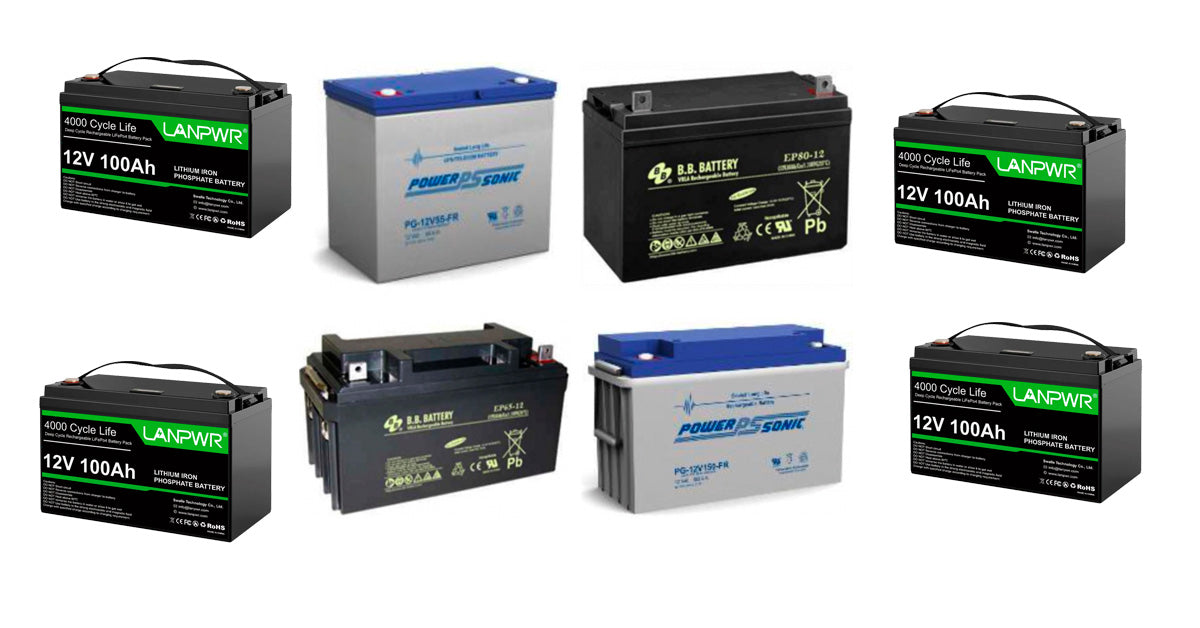
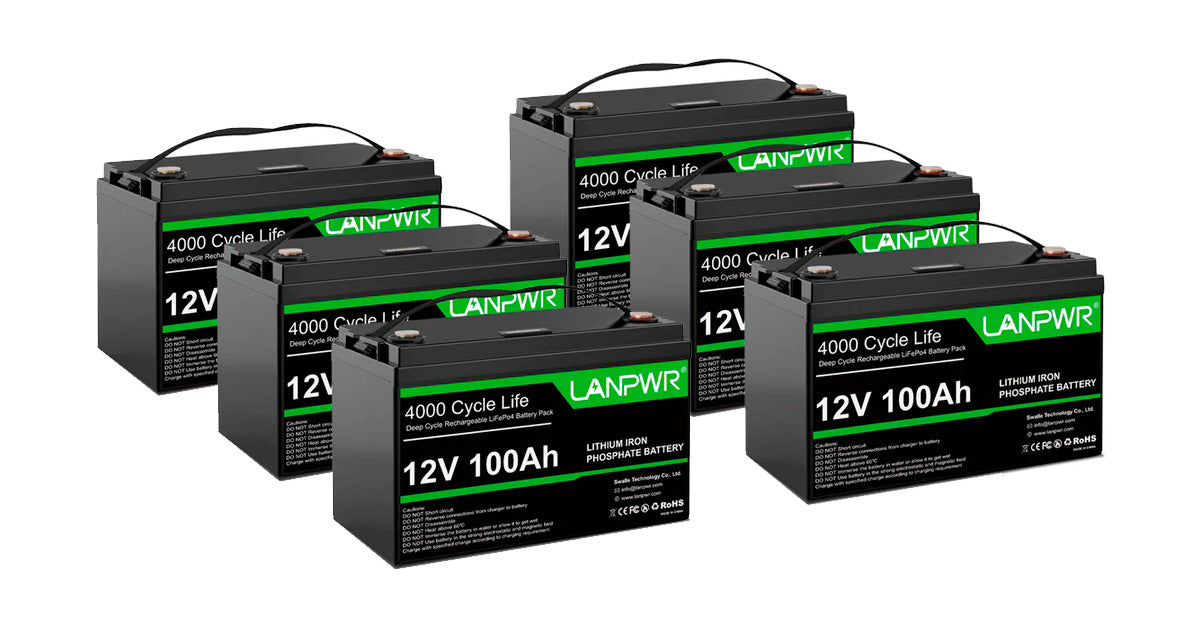


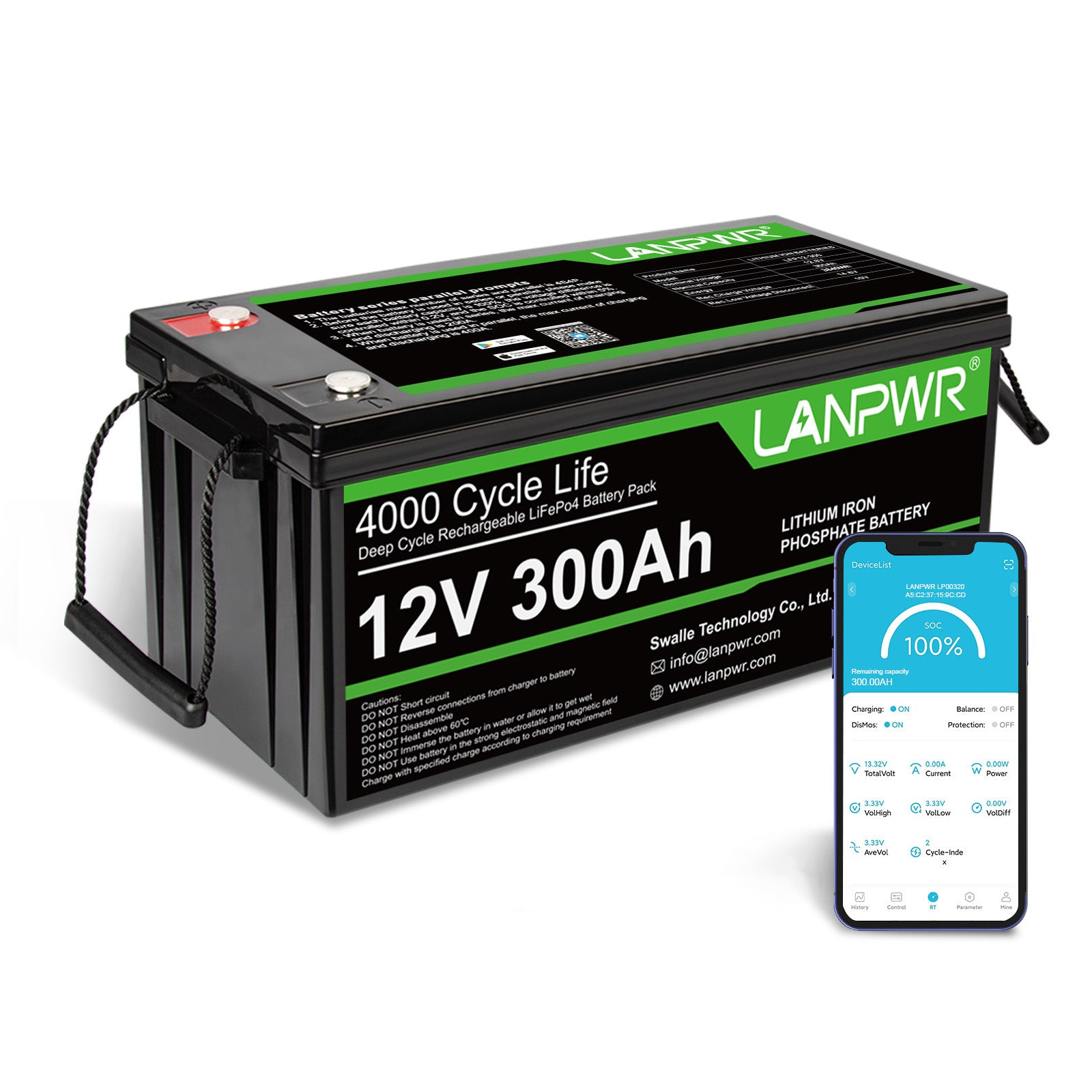
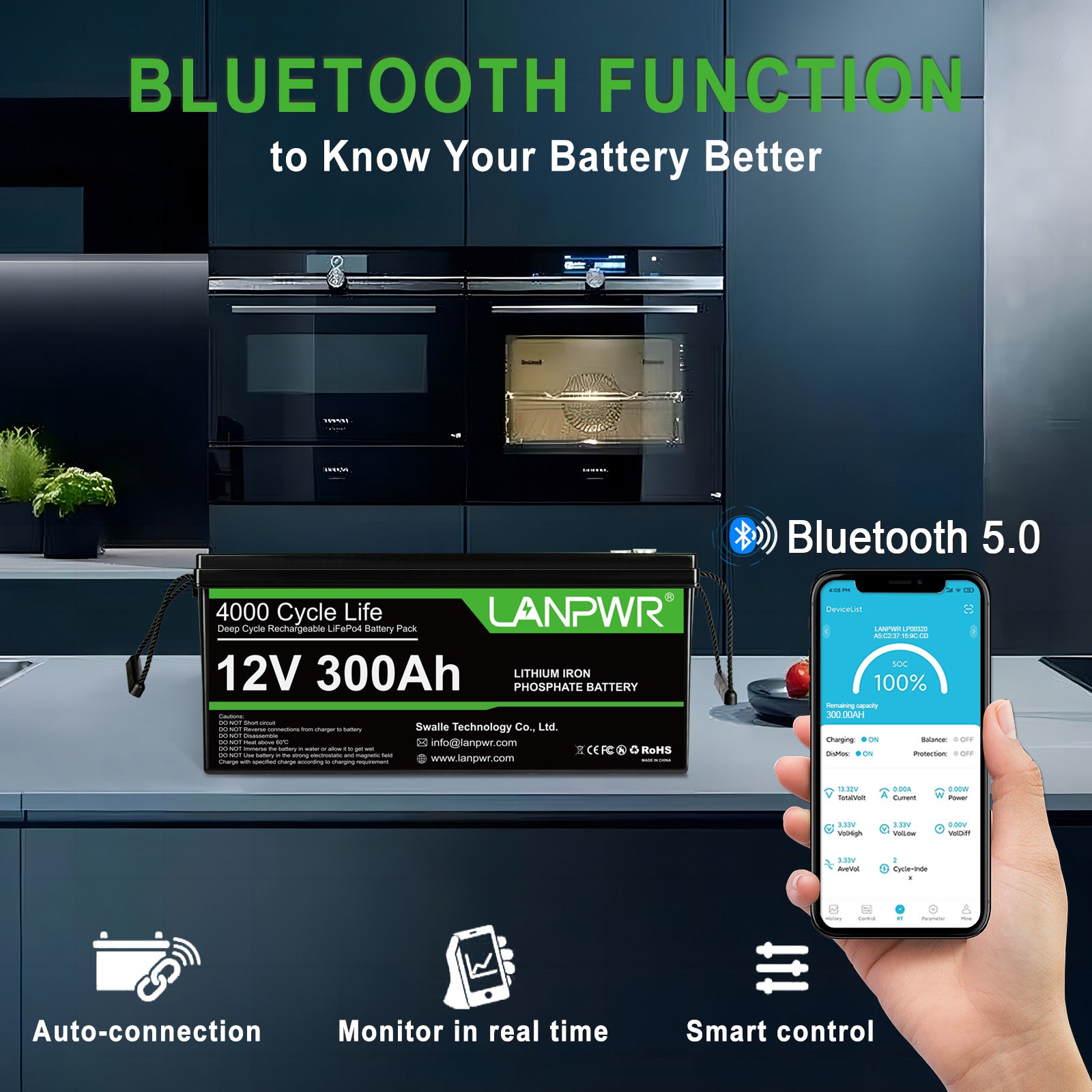
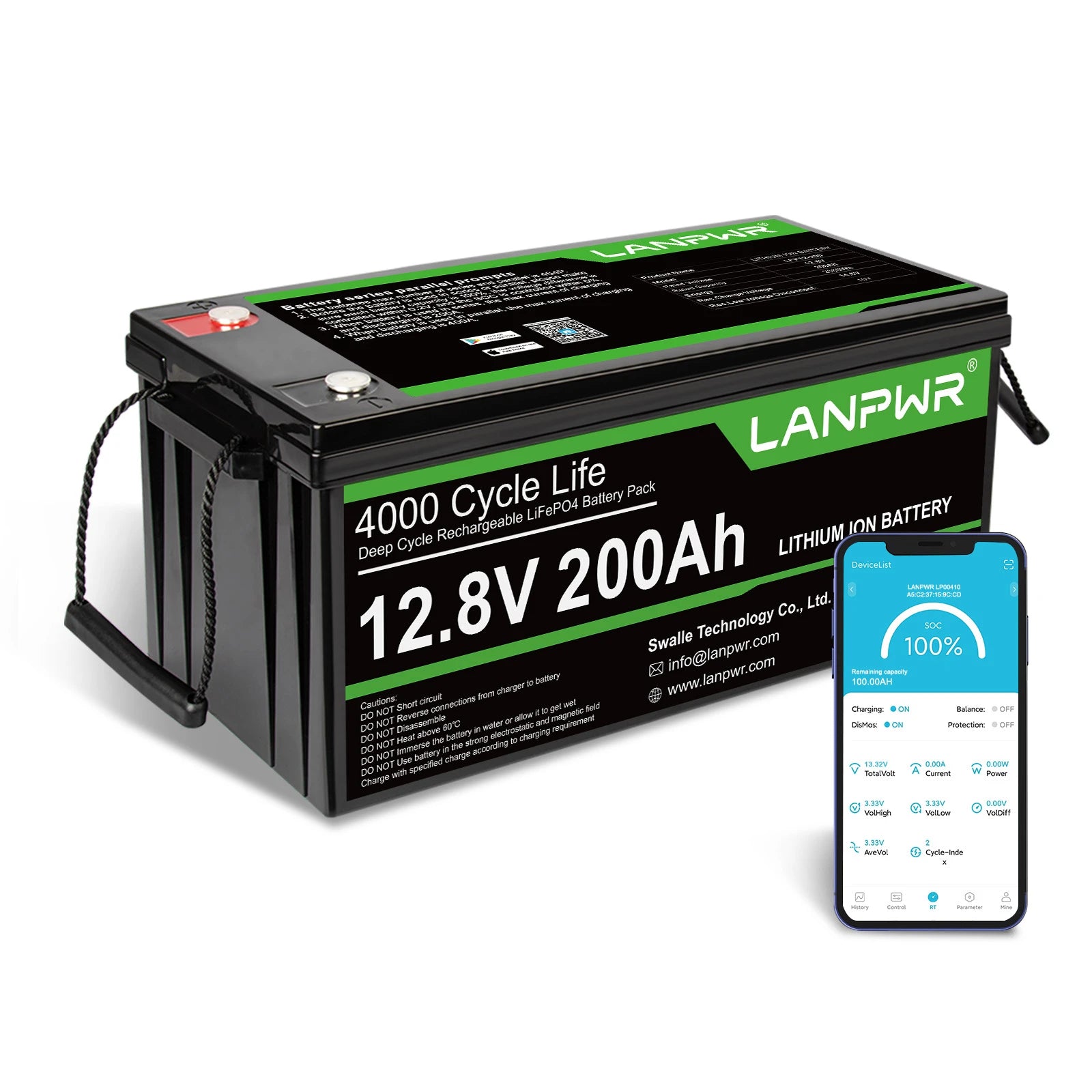
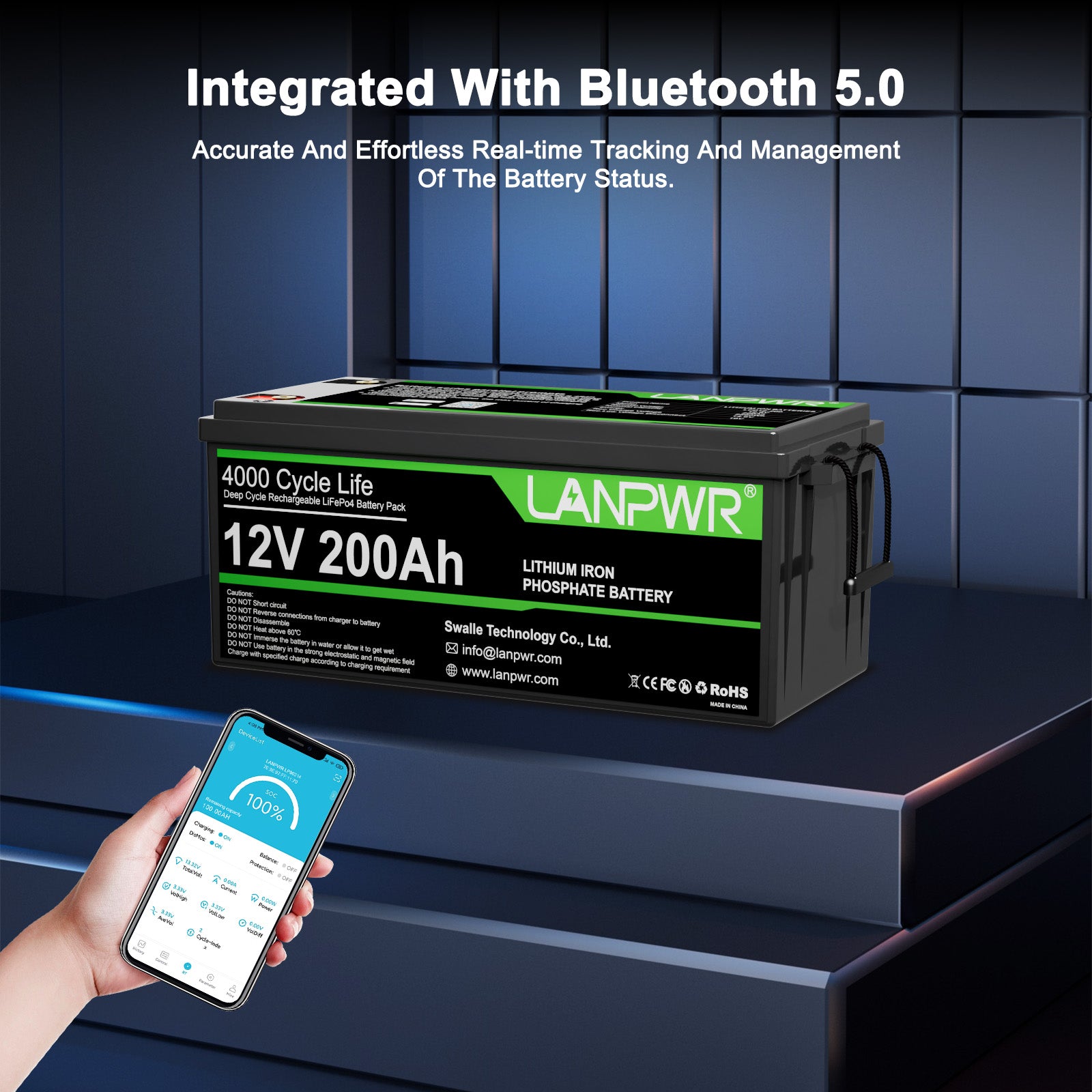
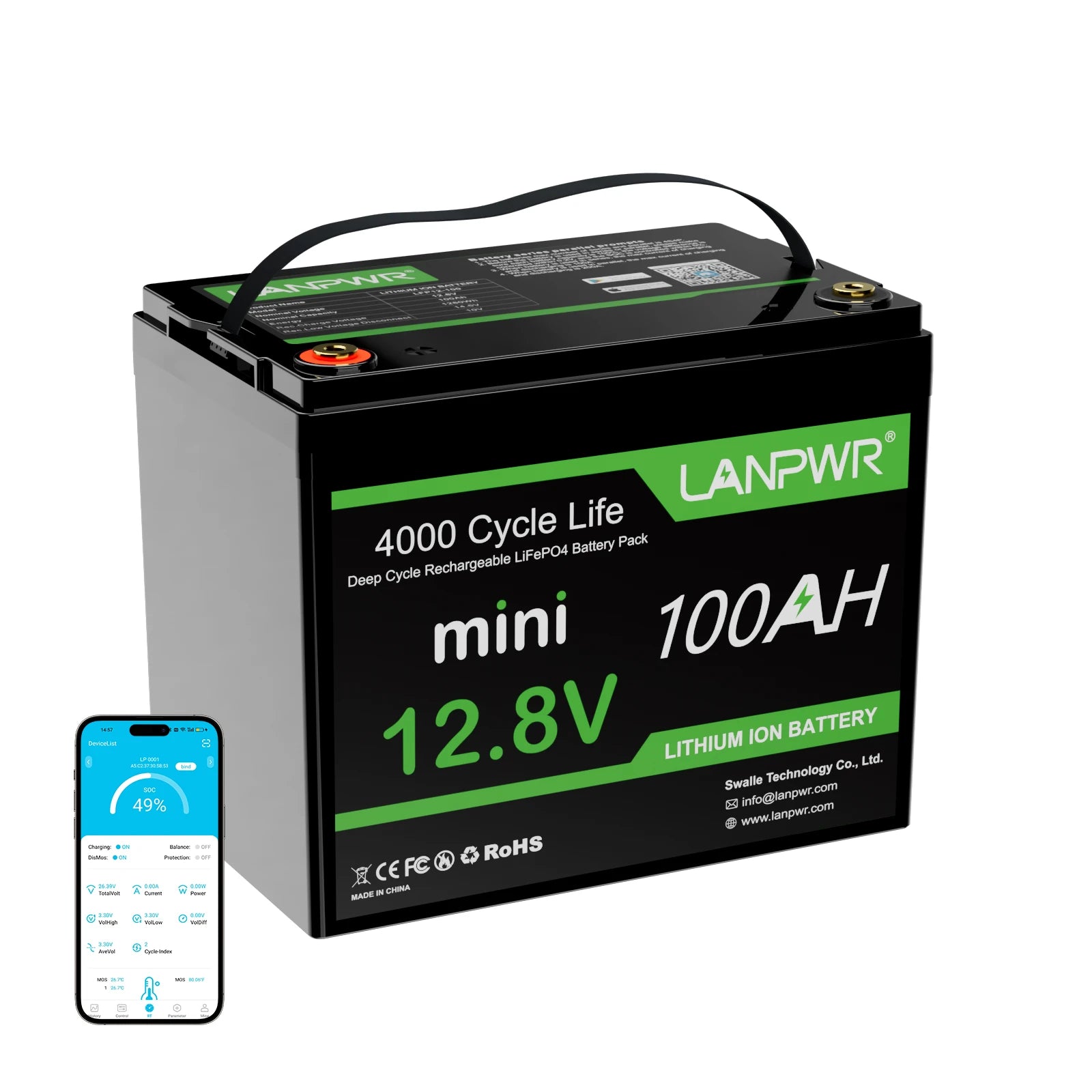

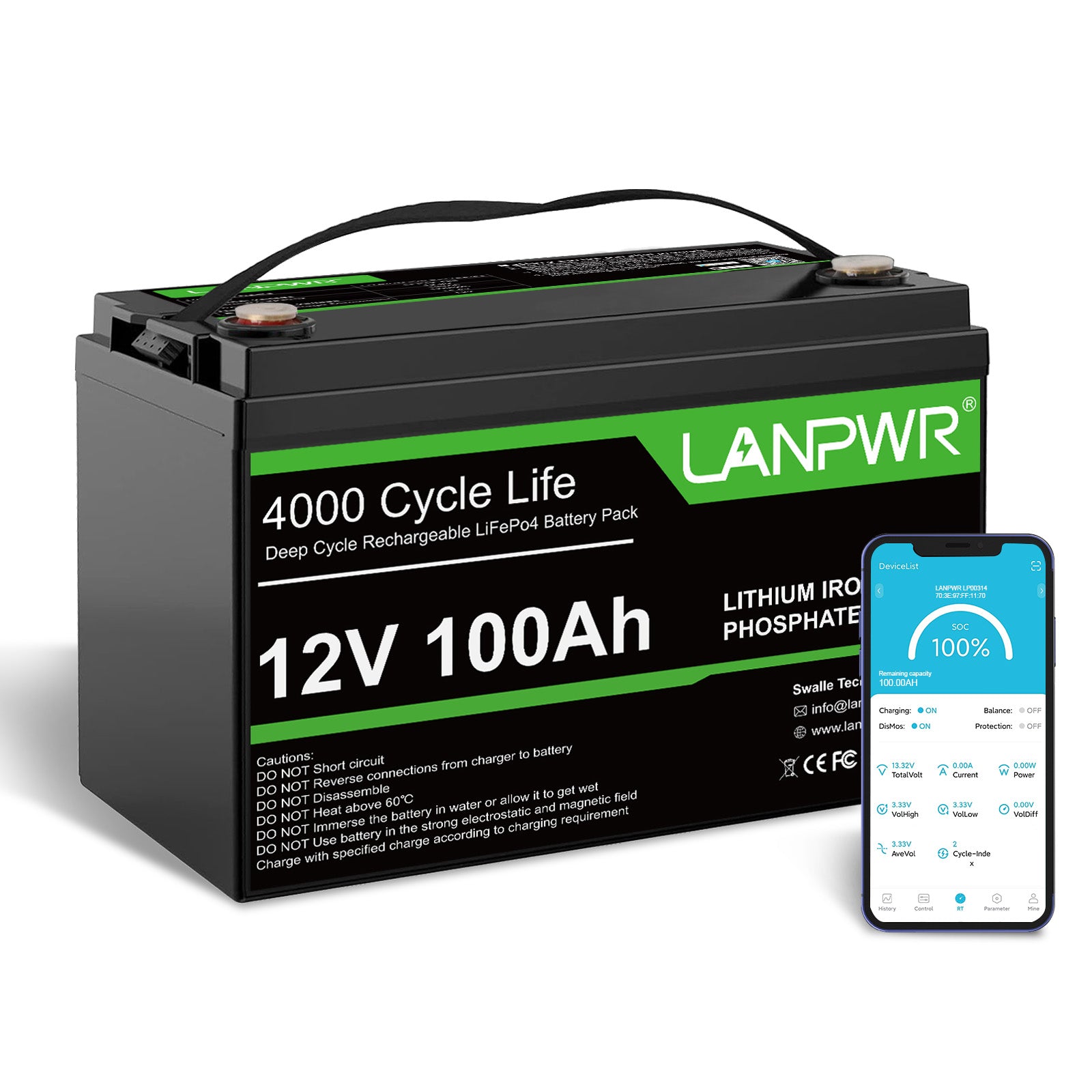

Leave a comment
This site is protected by hCaptcha and the hCaptcha Privacy Policy and Terms of Service apply.